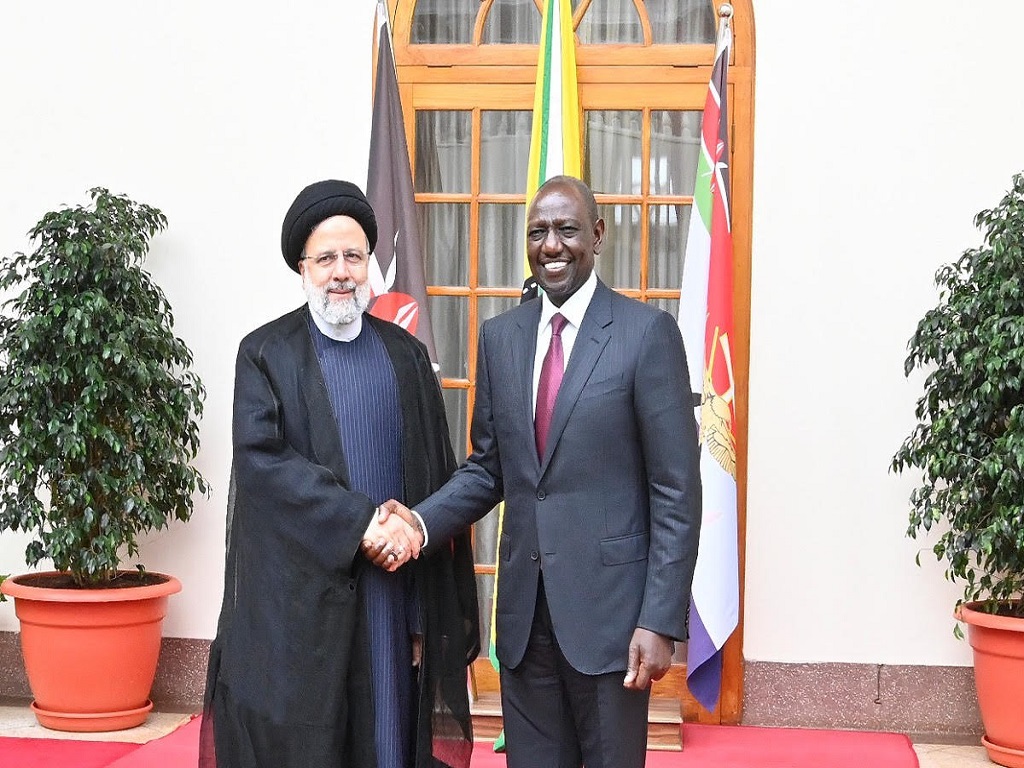Kenya has commenced the evacuation of its nationals from Iran following a precarious ceasefire between Israel and Iran that has brought a temporary halt to nearly two weeks of intense cross-border hostilities.
The first group of evacuees landed at Nairobi’s Jomo Kenyatta International Airport on Sunday morning, where they were received by government officials. Principal Secretary for Diaspora Affairs Roseline Njogu confirmed the arrivals and lauded the coordinated response by diplomatic teams in Tehran and Ankara.
“Grateful for the multi agency team here in Nairobi working tirelessly to get our nationals home, and especially grateful to our Embassy teams in Tehran and Ankara,” Njogu posted on X.
According to the Ministry of Foreign and Diaspora Affairs, the evacuation is ongoing, with efforts being made to facilitate the safe return of more Kenyans stranded in the region.
The move comes in the wake of a fragile truce brokered by the United States after 12 days of deadly exchanges that left at least 935 people dead in Iran, including dozens of women and children, according to Iranian judiciary sources. In Israel, official tallies show 29 civilian deaths and thousands injured due to retaliatory missile attacks.
The June conflict, the most severe between the two adversaries in over a decade, forced several countries to activate emergency evacuation protocols for their citizens. Kenya’s swift action underscores the growing complexity of managing its expanding diaspora in volatile geopolitical regions.
The Israel-Iran standoff has amplified concerns for African migrant communities residing in the Middle East, many of whom live and work in countries close to or directly involved in regional tensions.
Kenya, for instance, has an estimated 3 to 4 million citizens living abroad, with sizable communities in the Gulf Cooperation Council (GCC) countries—including Saudi Arabia, the UAE, and Qatar—where thousands of Africans are engaged in domestic work, construction, and service industries. These countries have been known to be drawn, directly or indirectly, into broader Middle East conflicts.
Diaspora remittances remain vital to Kenya’s economy. In 2024 alone, Kenyans abroad sent home $4.8 billion, contributing 4.6% of the national GDP. With many of these funds coming from migrant workers in politically unstable regions, ensuring their safety is not only a humanitarian priority but an economic one.
This evacuation, and others like it in recent years, signal a larger shift: African nations are being compelled to respond more rapidly to global crises that affect their citizens. The Israel-Iran ceasefire—while offering a brief reprieve—remains fragile. Analysts warn that deep-rooted hostilities, coupled with proxy conflicts in Syria, Lebanon, and Iraq, could reignite violence with little warning.
For Kenya, the recent airlifts mark a growing maturity in foreign policy and crisis management, reflecting the realities of a world where migration, labor mobility, and geopolitics are deeply intertwined.
As of Monday, the State Department for Diaspora Affairs has encouraged all Kenyan nationals in Iran and Israel to remain in close contact with their respective embassies and to adhere strictly to safety advisories issued last month.
Kenya’s coordinated evacuation from Iran may only be the beginning. With regional peace hanging by a thread and global tensions on the rise, African countries with large diaspora populations may need to rethink how they prepare for, and respond to, emergencies affecting their citizens abroad.

